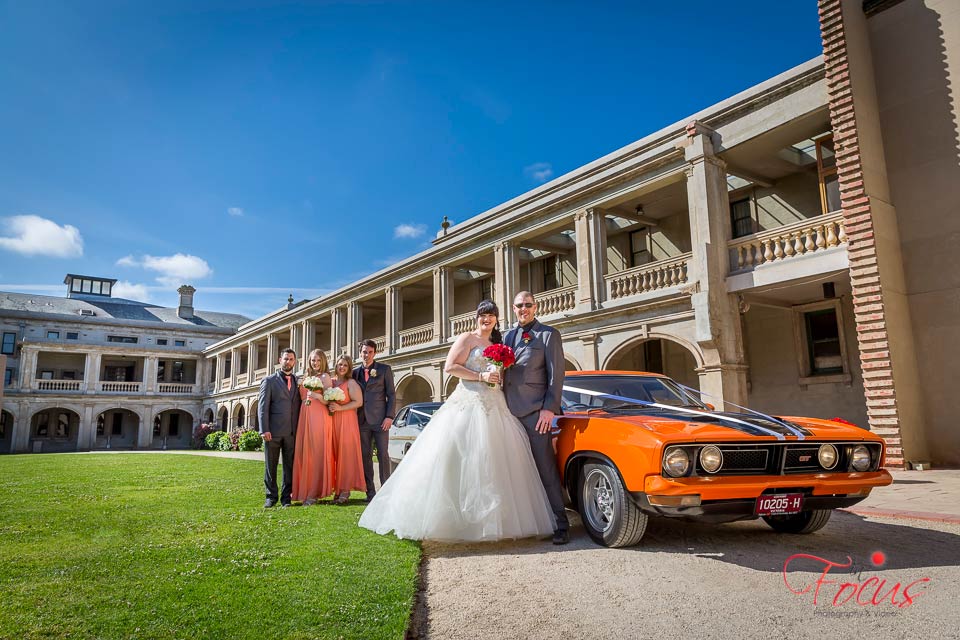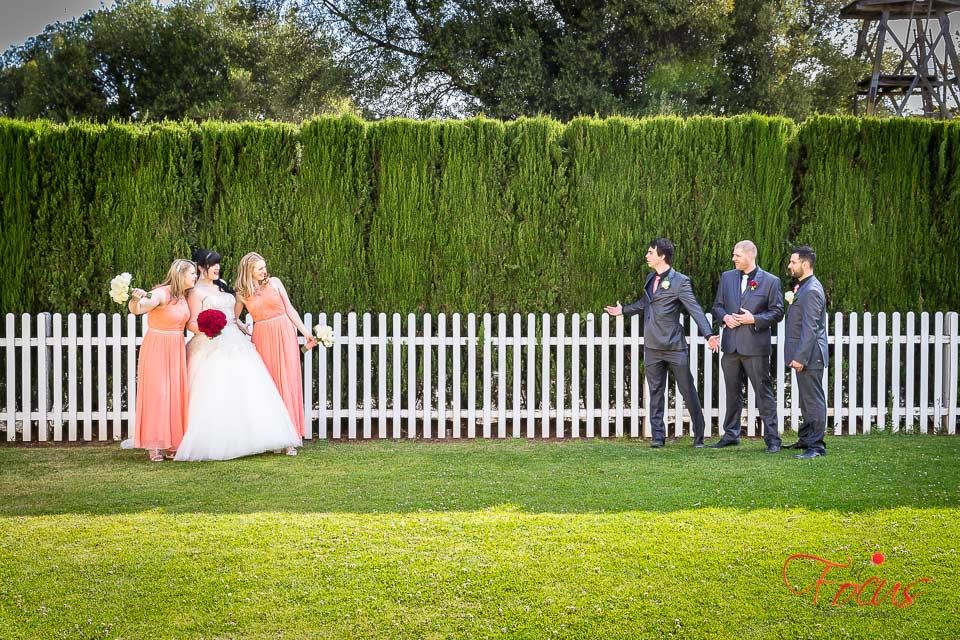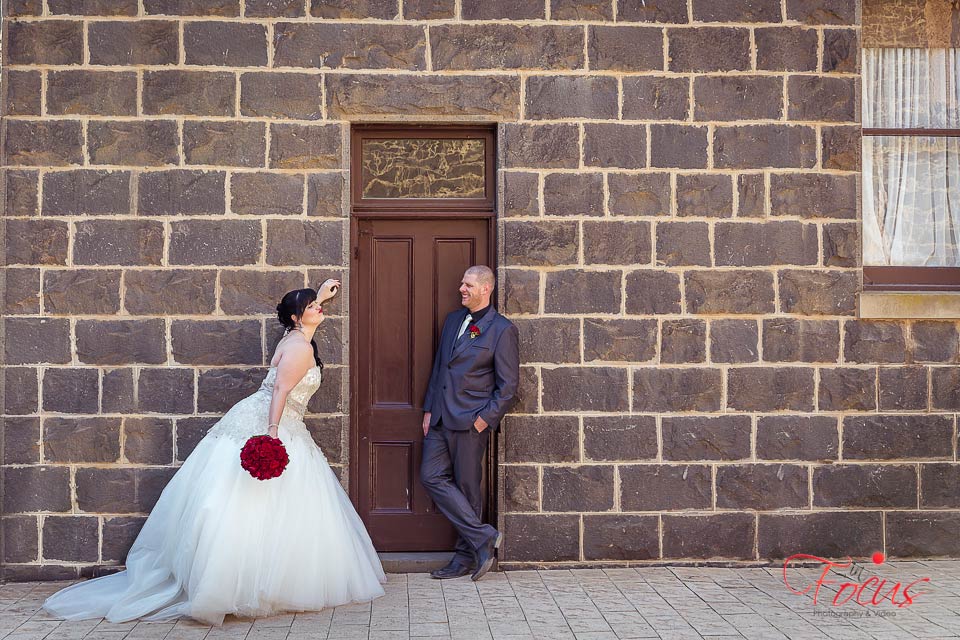What limitations?
There is a workflow that goes on behind the scenes, for each click on a camera. How are these artistic forms kept and what happens if there is a storage failure soon after your job is completed?
Each precious image, requires storage and back-up for years. Costly equipment and constantly updated software is required. Not only is the investment in technology important, but so is the ability to learn it all. What happens with all this experience, education, learning new creative skills, software knowledge, computers and administration that goes with that click? Should we as professional photographers delete the image from our computers to get back storage once the client has the ability to print at the local 15cent print store?
Print quality varies from lab to lab, and you'll get varying results depending on how the photographer has 'corrected' the image It's just not possible to technically adjust images for every printer that the client may end up at. Very few amateurs understand the printing workflow. It's costly, time consuming and requires calibrated equipment for particular printers. All this expense of upkeep, management and business accounting is a costly workflow. Where does remuneration for the photographer who invests in such future proofing come from?
Its comes from the photographer's understanding of self worth and the value placed on their work. Time, experience, composition, education, equipment, running costs, blood sweat and tears etc., that's the value in each image that is presented to the client.
Professional Photography??
People can buy cameras for the first time and advertise wedding packages for a few dollars, without a learned knowledge of what they're doing. Do they really operate in the couple's best interests? Failure to understand the complexity of a wedding day can be just as demanding and daunting for the photographer and wedding party alike. Pressures of a wedding day are already running high, so the photographer has to be somewhat aware of the family dynamics and step carefully forward.
Does price reflect the true value of the quality of someone's work, experience, or investment in shooting a wedding? Understanding how and what to capture on a wedding day takes time to learn and if the price is much cheaper than expected, are they learning at the wedding couple’s expense?

Pricing.
Today, I can openly say how in my early experiences when I set my pricing, I based it upon my self-confidence. I didn't have experience, equipment, or understanding. "I'm learning, so it's quite okay to charge a low price"...isn't it? My thinking at the time: "If the price is cheap enough then it's not a lot to give back if I totally blow the job anyhow. I'll make it back on other jobs".
My first so called "professional" job was a nightmare, and, yes, it was missing a lot of major things. As graceful as the couple were in allowing me to keep my $50, I was still disappointed with what I achieved. There was no electronic 'fix it all up' piece of equipment. I basically stuffed it and was accountable. Early starters operate at a low price because they do not understand how self-worth plays a large part in their thinking, or conversely how ignorance can exaggerate the quality of their own work. My own ignorance made me realise how much I needed to learn about a craft that I loved, and not at someone else’s expense. Seeking out help is needed. It was the grace of others who gave me their experience, knowledge and time, to teach me. After 35 years, the knowledge I have learnt today still contains the same principles. I still need to learn, adapt and change. My ongoing experience still tells me so. But what are new photographers really learning today?
I wonder - has technology today created or solved a problem? Technology has levelled the playing field. Access to all kinds of free and inexpensive toys has made it possible to photograph, fix and re-design with little or no cost. Nothing is really off limits. Adding filters, effects, apps with cheap and pirated software, is readily available. That 'fix it all up' piece of equipment is available. But often it fixes what should've been done correctly in the first place.
Cameras have more advanced features than ever before. Manufacturers have taken steps to protect their operating algorithms from theft, and to guard against technology cloning and the subsequent business losses. We can buy for little, steal for less and copy for nothing, anything that will make me a professional. Is it really that simple?
Love it!
Developing your artistic passion requires a huge learning curve. It takes time and patience, and comes at a high cost to oneself, but ultimately is very much worth it in the end. Experience, passion and love of this industry requires time, patience and dedication. When shooting a wedding for the first time your inexperience will likely be obvious to those that end up viewing your results. However, is this also obvious to the one who shot it? If you love what you do, are you humble and open enough to see it from someone else's point of view, and learn? At what point in time do we ask for money?
Learn it!
For myself, I needed to learn from someone who knew more than me. Photographers are competitive, protective of their patch and 'closed shop', perhaps for good reasoning. Technology that levelled the playing field for the amateur photographer has now made it difficult for the professional photographer to maintain and sustain one's passion, due to the low prices being charged by amateurs.
Technology often fails, even for the professional. Are you prepared for a equipment melt down? What do you do if your camera doesn't switch on? Do you rush to the shop to buy an extra battery? Whether amateur or professional, problems occur. Before seeking money for your services, learn the importance of your tools of trade first. Thinking all your shots are the greatest could possibly have serious setbacks to your self-confidence when someone points out that they are not.

When should one ask for money?
If you have a creative gift, you should learn as much as you can about it. Your learning is driven by the passion, experience and knowledge that you pour your heart and soul into.
There should be consideration given to every potential client too, especially if there is something of value to them they are asking you to capture. They are your boss, whether you like them or not. The time to ask for money is, perhaps, when we have learnt our craft and understand the value of our own work.


